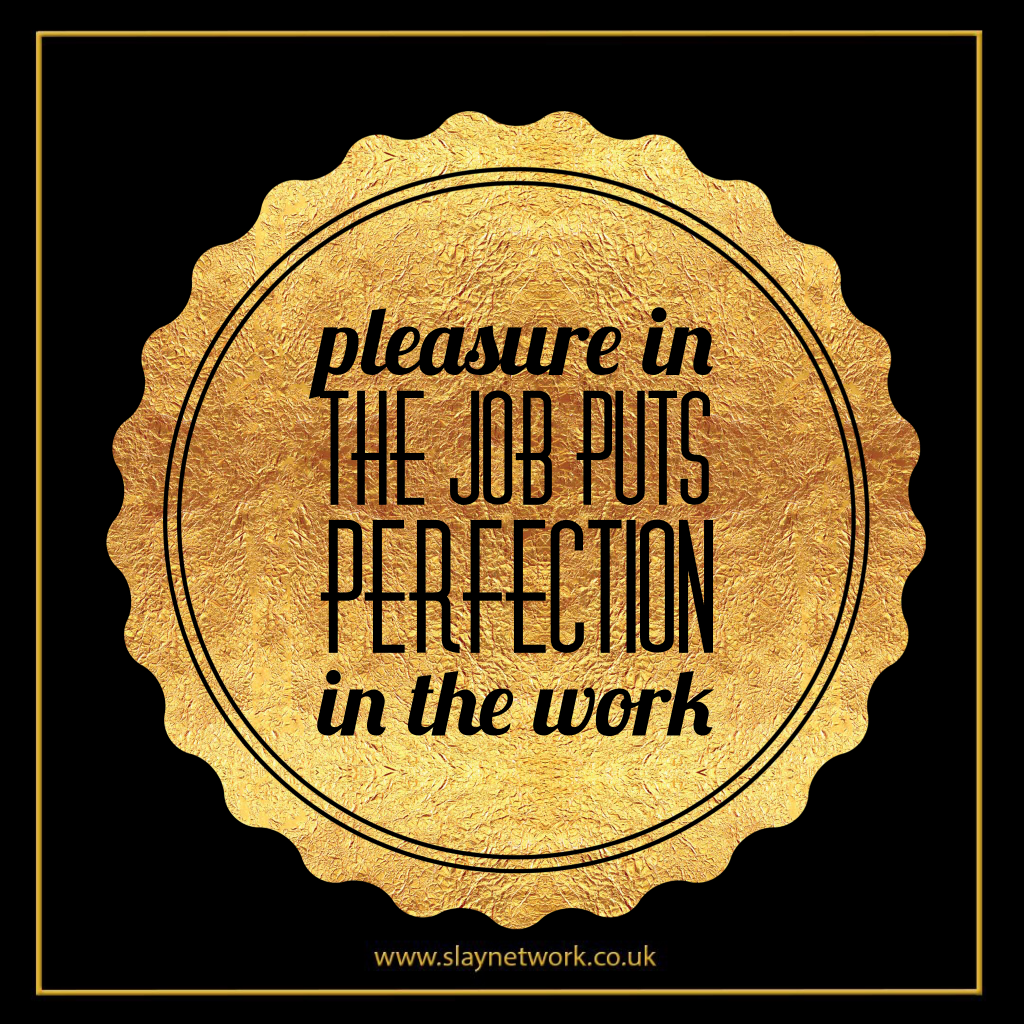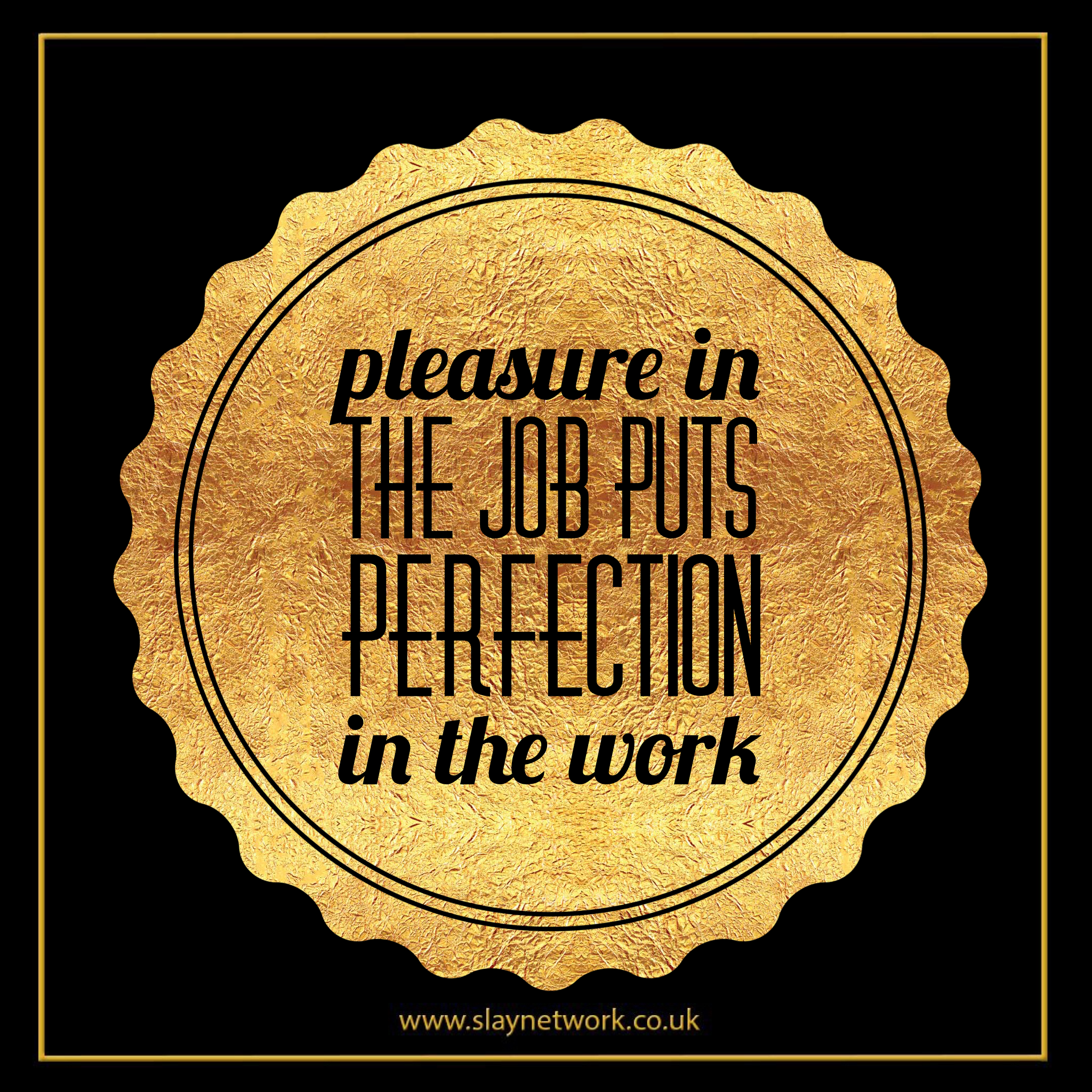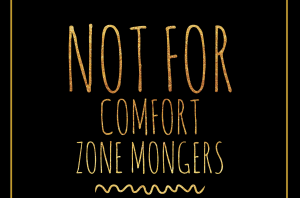
Ms CHONG SIAK CHING, CEO of National Gallery Singapore, shares why she made the leap from real estate to starting up Singapore’s latest — and largest — art gallery.
I have been asked why I took the “plunge” or “leap of faith” in crossing over from real estate to the unfamiliar territory of the arts. It is one month short of three years since I assumed my current role of CEO, National Gallery Singapore.
When I joined the Gallery, I found I was not alone in having stepped away from my “comfort zone” by making a career switch. There were many before me who had done the same to join the arts — former lawyers, bankers, teachers. For them, as it was for me, it was the passion, and the call, I would say, to pursue purpose and meaning in life.
In my 12 years in Ascendas, I had the pleasure of working with over 900 colleagues and partners across 10 countries, developing business parks across Asia that serve the needs of local enterprises and MNCs that provide employment to thousands in each location. Those were meaningful and fulfilling years. I wouldn’t have stayed in that role for so long, otherwise.
The Gallery, however, presented a totally new meaning: an opportunity to give back to Singapore through a non-profit organisation and the arts. It allowed me to continue on a path that I had started on while in Ascendas with the Ascendas Gives Foundation, a trust that channels part of the group’s profits towards the arts, the community and the environment.
This time, however, the arts make up the core of my work.
I polled my colleagues as to what gives meaning to their work. Their responses were inspiring:
“…preserving our visual arts heritage for future generations”,
“…discovering and sharing new aspects of the art history of Singapore”,
“…bringing art to the people”,
“…working and living in between the artist, the museum and the public… [and that] is a responsibility, not just a privilege”.
I once heard a colleague exclaim, “We CAN change the world!” when she saw throngs of visitors moved, as they got totally immersed in the artworks or were awed by the Gallery’s magnificent architecture.
Now I understand why my colleagues put so much into their work.
What is truly meaningful and important to me as a leader is making the jobs of my colleagues more fulfilling and enjoyable, such that coming to work is a joy, not a chore.
I recall a friend, Robert Yap of YCH Logistics, telling me that when his father visited the factory, he would ask the staff, “Are you working?”
When Robert visits the factory, he would ask, instead, “Are you happy?”
While that might be because of the needs of a different generation, to me, a happy workplace is essential to bring about happy customers. Happy staff deliver higher levels of customer service. And customers or visitors must be our key focus.
At the Gallery, I try to steer conversations towards improving our processes and policies for the customer, not for our own convenience. Our visitor analytics and visitor experience team sieves through every customer feedback and answers every email that gives us suggestions for improvement.
Happy customers show their appreciation and that motivates us to do better. It becomes a reinforcing loop. We received an email from a very happy visitor, a father who had struggled to feed his 14-month-old twins during his visit to the Gallery. He shared that our staff Zara “took time off her lunch break just so she could help me; that is what I call going the extra mile”.
Building a customer-centric culture takes time. We still have some way to go, but I think we have the necessary ingredients: staff who, having found meaning and joy in their work, will strive for perfection — so I learnt from Aristotle (whose words I quote as my title) and so I believe.
I am privileged to be among those who have pursued their passion, and found meaning and joy in their work, from which excellence ensues.
By Challenge
If you would like to be one of the few who finds pleasure in their work, click here





